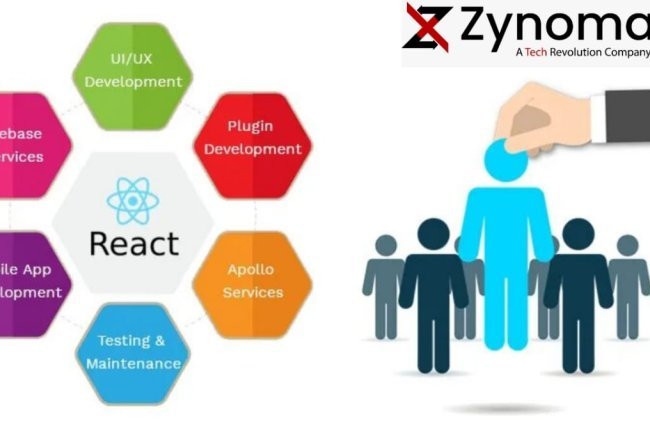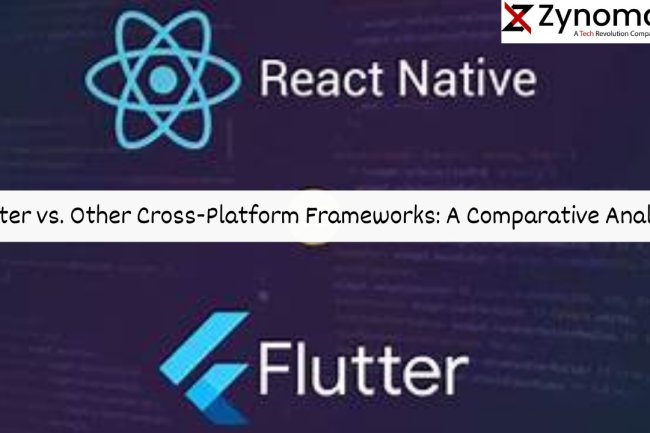Embarking on a career as a React developer is a great choice.
A React developer is a professional who specializes in building web applications using the React JavaScript library. React is a popular open-source library developed by Facebook, widely used for creating interactive user interfaces. The primary responsibility of a React developer is to design and develop the front-end components of web applications. They work closely with designers and back-end developers to create responsive and visually appealing user interfaces. React developers use their expertise in JavaScript and React to implement the functionality, logic, and behavior of web components.

Introduction-
React is one of the most popular and in-demand JavaScript libraries for building user interfaces. To thrive in this career path, there are several key steps you can take. With a deep understanding of the React JavaScript library, I specialize in creating visually appealing and user-friendly interfaces that deliver exceptional user experiences. I am passionate about crafting modular and efficient code to ensure scalability and maintainability. My strong background in JavaScript, coupled with experience in state management and integration with back-end systems, allows me to seamlessly bridge the gap between design and functionality. I thrive in collaborative environments, working closely with designers, back-end developers, and stakeholders to bring ideas to life.
1. Learn JavaScript:
JavaScript is the foundation of React development. Start by mastering the core concepts of JavaScript, including variables, functions, control flow, and object-oriented programming. You can find numerous online tutorials, courses, and resources to learn JavaScript effectively.
2. Understand the Basics of HTML and CSS:
While React primarily focuses on the user interface, having a solid understanding of HTML and CSS is crucial. Learn the basics of HTML for creating the structure of web pages and CSS for styling them. This knowledge will come in handy when working with React components.
3. Master React Fundamentals:
Once you have a good grasp of JavaScript, dive into learning React. Start with the official React documentation and tutorials. Understand the core concepts of React, such as components, JSX (a syntax extension for JavaScript), state management, and component lifecycle.
4. Build Projects and Practice:
Theory is important, but hands-on practice is essential for mastering React. Start building small projects to apply what you've learned. This will help solidify your knowledge and give you real-world experience. Consider contributing to open-source projects or creating your own portfolio of projects to showcase your skills to potential employers.
5. Explore React Ecosystem:
React has a vast ecosystem of libraries, tools, and frameworks that complement its capabilities. Familiarize yourself with popular tools such as Redux for state management, React Router for routing, and Axios for handling HTTP requests. Stay up to date with new libraries and trends in the React community to enhance your skills.
6. Collaborate and Network:
Connect with other React developers, join online communities, and participate in forums or meetups. Collaboration and networking can provide valuable insights, mentorship opportunities, and potential job leads. Engage in discussions, share your knowledge, and learn from others' experiences.
7. Continuously Learn and Stay Updated:
The field of web development, including React, is constantly evolving. Stay updated with the latest React features, best practices, and industry trends. Follow reputable blogs, subscribe to relevant newsletters, and participate in online courses or workshops to expand your knowledge and stay ahead.
8. Build a Strong Portfolio:
As you gain experience and complete projects, showcase your work in a portfolio. A well-organized portfolio demonstrates your skills, creativity, and ability to deliver high-quality projects. Employers often review portfolios to assess a candidate's capabilities, so invest time in creating an impressive showcase of your work.
9. Seek Employment Opportunities:
Once you feel confident in your React skills, start exploring job opportunities. Look for React developer positions in companies that align with your interests and goals. Tailor your resume and cover letter to highlight your React experience and showcase your portfolio during interviews. Be prepared to showcase your knowledge and problem-solving skills through technical assessments or coding challenges.
10. Never Stop Learning:
React and web development as a whole are continually evolving. Stay curious, explore new technologies, and embrace lifelong learning. Develop a growth mindset, be open to feedback, and constantly challenge yourself to improve your skills. By following these steps and continuously honing your skills, you can embark on a thriving career as a React developer. Remember that perseverance, dedication, and a passion for learning are key to your success in this dynamic field.
What's Your Reaction?





















